Flipping houses for profit
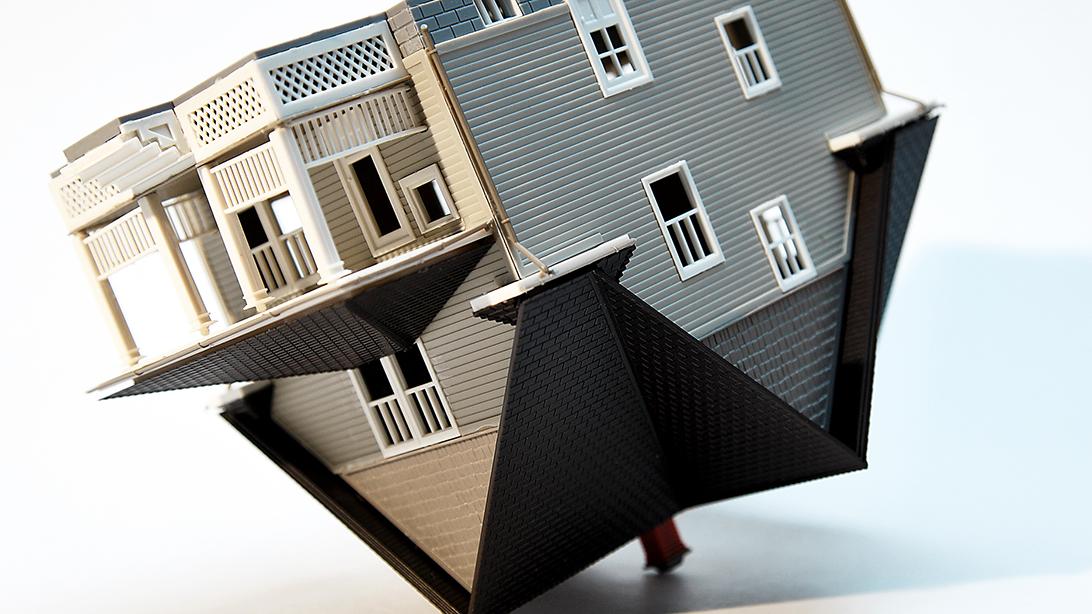
Flipping real estate has always been hot, is it as easy as it sounds? Should you get into it? We’ve collected the top things to keep in mind when flipping property.
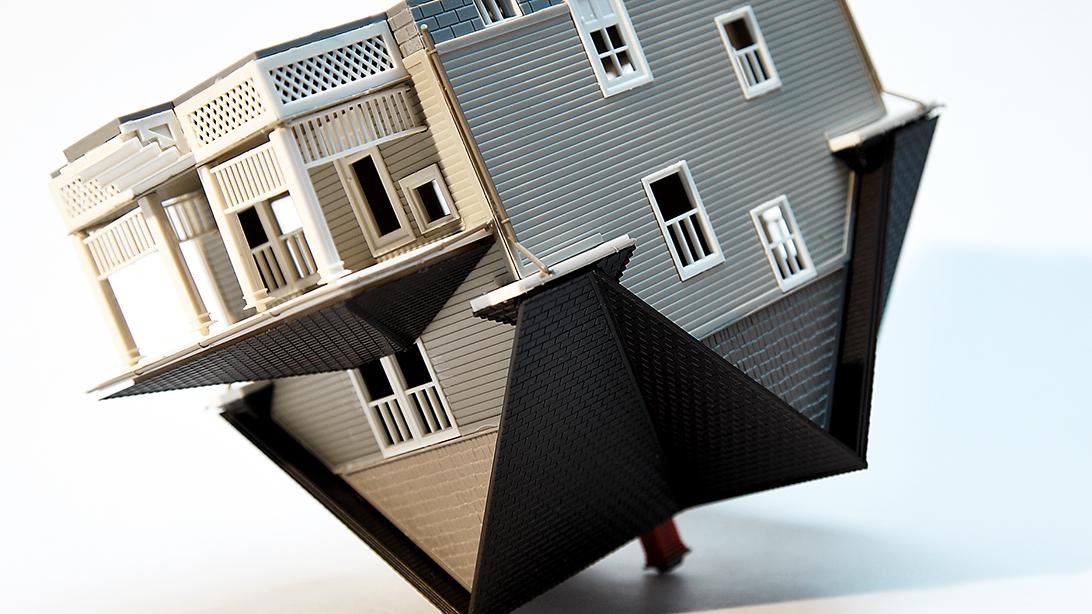
What is property flipping?
Flipping real estate involves buying a property cheaply, fixing or improving it and then selling it for profit as quickly as possible.
Bargains can be found at house auctions or perhaps you can get lucky and find a property other people have overlooked.
This method of buying property makes it possible to see profits much quicker than buy-to-let, however, it can come with added risk.
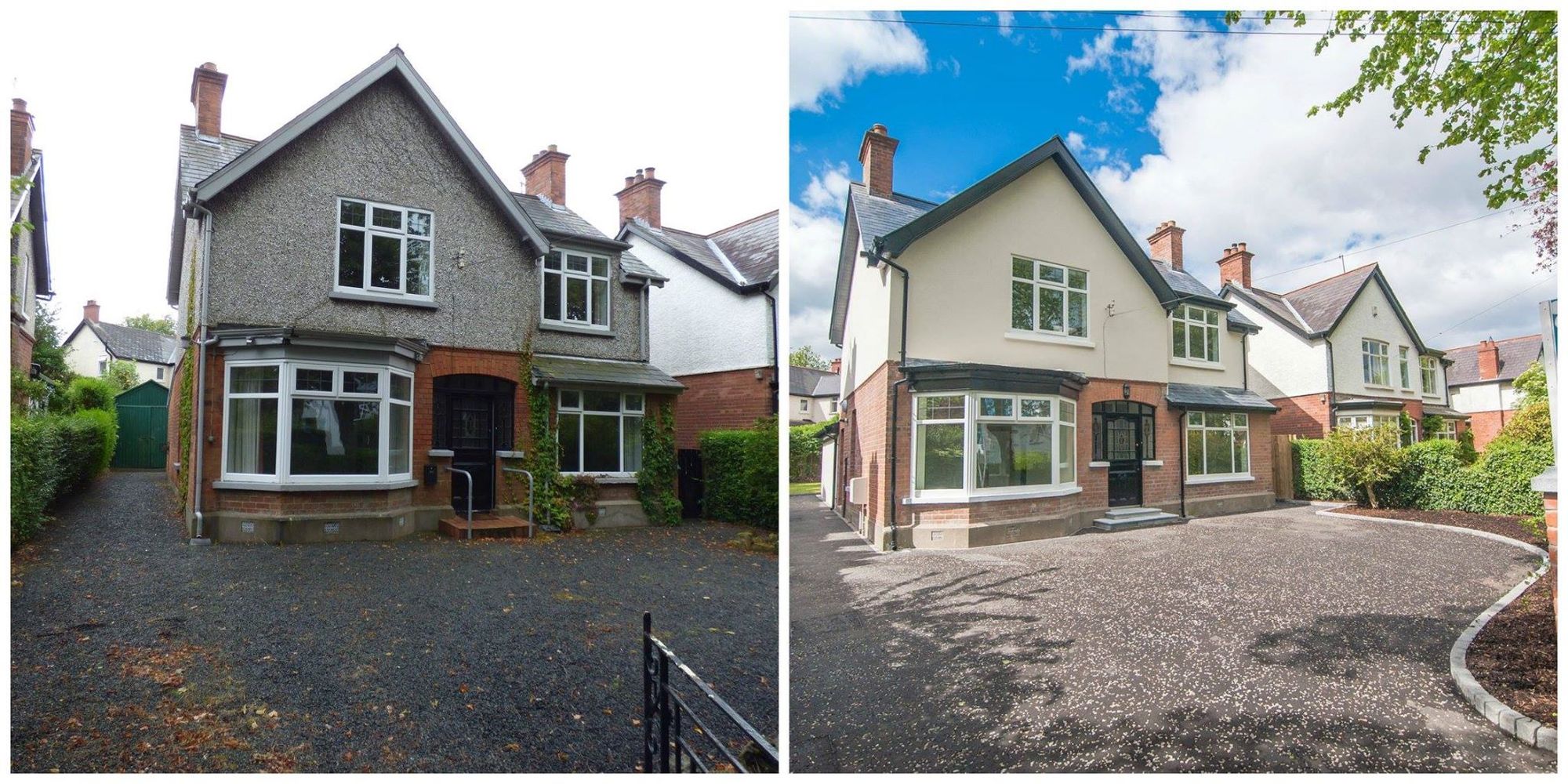
Steps for success
Research
This one’s obvious. Research the location of the property, is it really a bargain? Will it quickly sell at a higher price? Will the property type appeal to the majority of people?
Take some advice from some professionals, get to know some tradespeople. You could even ask them to view the property with you. This can help you more accurately estimate the work that needs to be done.

Cost
The profit you make will heavily depend on the project’s cost. Don’t underestimate the time and money it’ll take to complete the project. Factor in all the additional fees there are in buying a property, as well as the taxes you’ll pay after selling.
Some people flip property through a limited company, paying corporation tax when selling, which could end up being less than paying personal income tax (Those who acquire or develop for resale are normally regarded as “trading” not investing and profits on sale are taxable as income).
Making improvements
What does the property need? This should be answered before buying the property. This can include:
- garden landscaping or decking
- converting a loft or basement or adding a conservatory
- rewiring or re-plumbing
- a new kitchen or bathroom
- required safety checks - electrical checks, smoke alarms and carbon monoxide detectors, heating and hot water...
You want to make the property as appealing as possible to buyers, to be able to sell quickly.
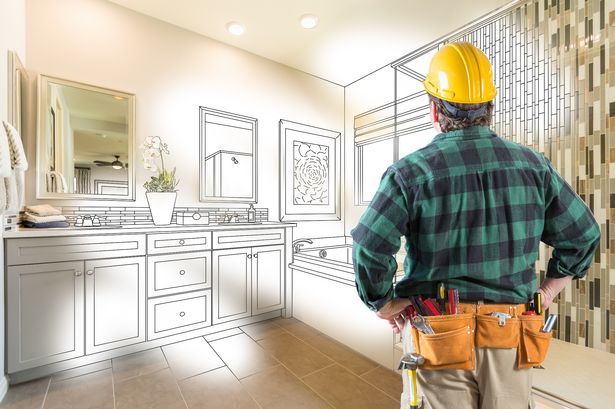
DIY
Obviously, there are still some things that will require professional tradesmen, but you’d be surprised with the number of things you can learn to do yourself. With endless resources online you can learn to do a lot of refurbishment on your own, and the more you do the better you’ll get.
Is it a viable investment?
Pros
- There are areas in the UK that still have the potential to yield more than 20% ROI from house flipping.
- Bargains will always be around you just need to be patient (and a bit of luck doesn’t hurt).
- When done properly it can bring lucrative profits.
Cons
- Some banks have imposed a rule that you can’t sell a property before owning it for 6 months.
- There is a big risk if the property hasn’t been properly assessed.
- You could face building delays or difficulty selling, which leads to more holding costs.
House flipping only works well when there is strong demand in the housing market. If the demand is low, it’s not ideal for most investors, properties can take longer to sell with diminishing returns.
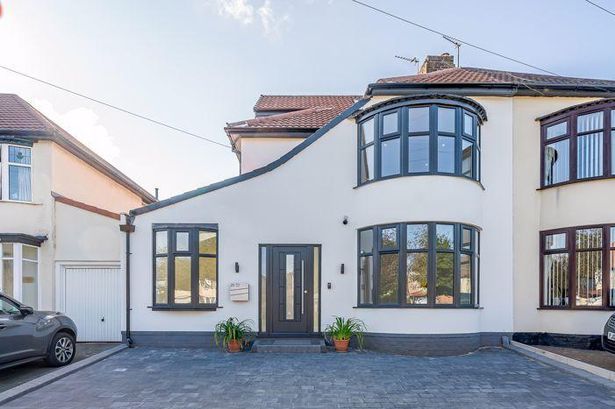
We want to know about your house flipping experiences. How did it go? What were some unexpected challenges? Would you do it again?
Subscribe to our weekly newsletter


